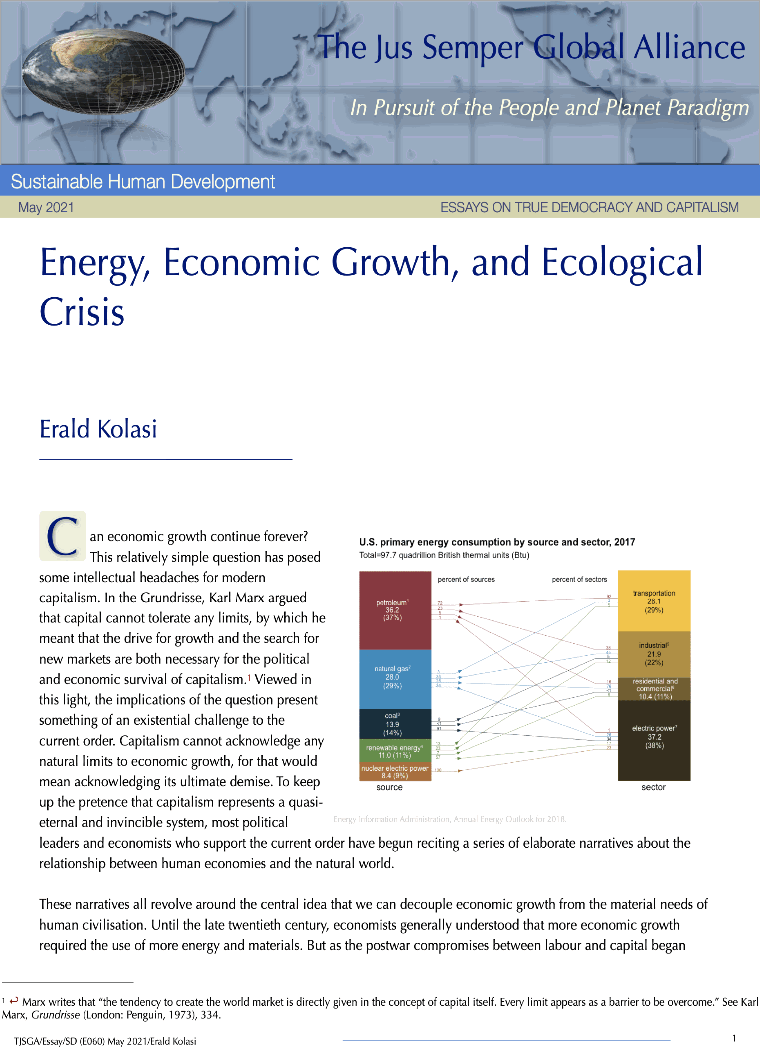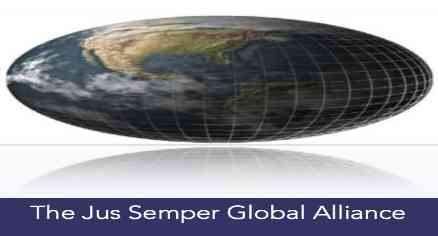Erald kolasi These narratives all revolve around the central idea that we can decouple economic growth from the material needs of human civilisation. Until the late twentieth century, economists generally understood that more economic growth required the use of more energy and materials. But as the postwar compromises between labour and capital began collapsing in the 1970s and ’80s, economic theories started to shift in emphasis and direction. Inspired by neoclassical theories, a new generation of economists began to argue that economic growth could continue without the consumption of additional resources from the environment. They claimed that we could reach this economic nirvana by doing more with less, investing in clean energy, and developing energy-efficient technologies. In short, they were arguing for nothing less than the long-term sustainability of capitalism, ignoring all the science and evidence piling up along the way. Our political and business leaders, indoctrinated by capitalist propaganda throughout their lives, have come to believe that economic growth is like a magical elixir capable of curing all evils. For most people in the modern world, it does not seem like an alternative to economic growth, as currently calculated under capitalism, is even conceivable. But imagining and realising these important alternatives may be the only way to spare human civilisation from a looming disaster. Instead of organising our societies and economies around the principle of growth, we should organise them around the principle of sustainable human development, which requires the metabolic stability of the wider ecosphere. By tightly constraining the levels of production and consumption around some dynamic equilibrium and emphasising qualitative human-social relations, as opposed to the cash nexus, we can avoid the periodic bubbles and crises of capitalism while also prolonging the duration of human civilisation. And by distributing more wealth and resources to workers and common people, we can build a fair society untroubled by recurring spasms of political and economic instability. The social and the ecological are inseparable, and together they represent the intensifying political battleground of this millennium. Future generations will judge us harshly if we fail to seize this exceptional moment in history. The impending convergence of crises, from the economic to the ecological, demands nothing less than a new vision for our social order. For a full read of this brief, click here or on the picture to download the pdf file.
|

- © The Jus Semper Global Alliance
| Home |  | Resources |  | Economic Data |  | Energy, Economic Growth, and Ecological Crisis |


